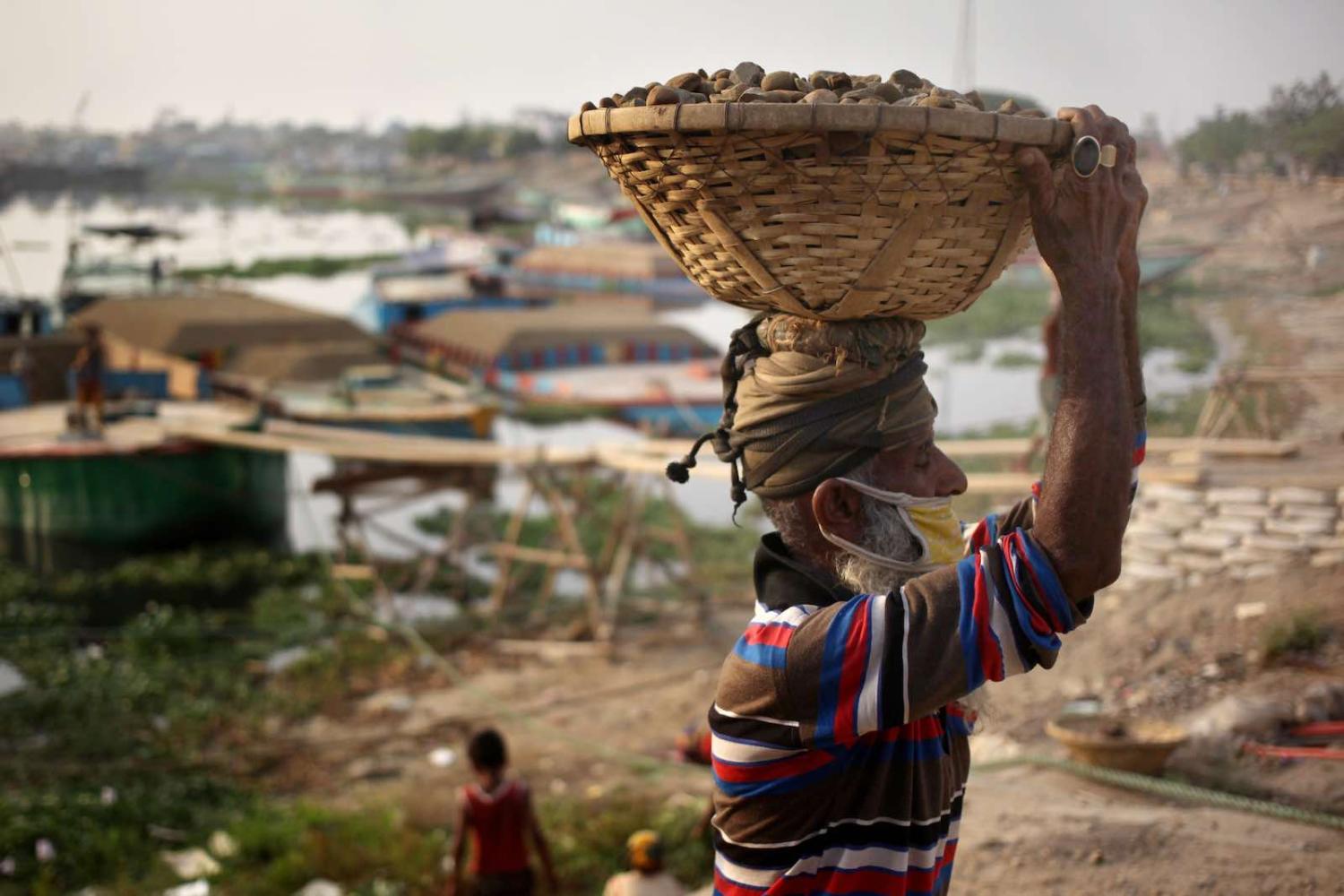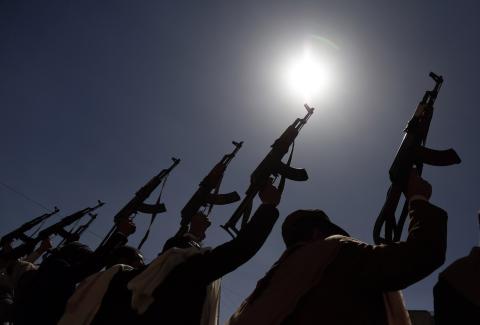With confirmed Covid-19 cases now well past the million mark, most of the world is looking inward. Many countries feel overwhelmed by their local fight against the virus. But while some countries are just coping, others face a choice between stopping the pandemic or a famine. Most likely they will experience both. Any of us who can help, must.
Australia has joined the ranks of countries with their heads above water, led by Singapore (now under stricter lockdown), Taiwan, and South Korea, with Japan, and New Zealand. Canada and some European nations are also doing well. These countries have managed to respond just about early and strongly enough (for now) on both health and economic fronts. They all still have difficult months ahead, but other countries are in much worse positions. This is especially true for the developing world.
Imran Khan has warned that Pakistan cannot enact essential distancing measures without causing starvation. He says India, Iran, and others are facing similar or worse situations. Indonesia is fighting blind, without adequate testing. In South Africa, the government is unable to convey the urgency of health measures to the public. Zimbabwe is warning “we will starve”. Much of Africa is struggling, their health system already strained by ongoing epidemics. There are now fears that polio may re-emerge, compounding the crisis.
The US and People’s Republic of China cannot be relied upon to help: both are preoccupied blaming each other, while the US is struggling to cope with either health or economic crisis, and the PRC is focused on propaganda and opportunism.
In what can only be characterised as a “G-0” world, leadership falls to those who are willing.
Australia and New Zealand have special responsibilities toward their Pacific “family”. The announcement last week “Responding to the Covid-19 challenge in the Pacific” from Foreign Minister Marise Payne and International Development Minister Alex Hawke was welcome, but it must be the first step of many. Australian aid and development experts are asking if Covid-19 may divert resources from an already diminished development assistance budget. It must instead be a call to arms. Urgent action is required.
This is a virus that threatens the long-term interests and security of people everywhere, so it is not a challenge to leave for others to deal with alone.
The International Monetary Fund has called for wartime policy measures: first to save lives and stop the pandemic, then to ensure the post-war recovery. This should begin by ensuring the IMF is not collecting loan repayments from countries in urgent need of fiscal resources as the battle continues against the virus. The World Bank launched its first Covid-19 emergency support last week. It amounts to less than $2 billion, with a plan to provide $160 billion over 15 months. Over 15 days would be better.
The core principles of the strategy for fighting Covid-19 are now well established: slow the spread of the disease with distance and hygiene, so that cases can be found and isolated. But the rest of the world needs to survive through the social distancing measures, which means food and health services must continue. And as much as possible, work cultures must be switched to a distributed model, where connections are not physical. It is essential the world emerges from this crisis stronger, and more caring than we entered it.
Human solidarity is the best way to counter the opportunists seeking to use the crisis to further personal or geopolitical agendas. This is a virus that threatens the long-term interests and security of people everywhere, so it is not a challenge to leave for others to deal with alone. It is disappointing that existing mechanisms such as the UN Security Council have not risen to meet the challenge, but this only means that others must rise in their place.
The Covid-19 pandemic poses an unprecedented challenge thanks to the connectivity of the modern world, yet with the usual leaders missing amid a retreat behind borders, it is incumbent on countries such as Australia to help spur a global response. When Prime Minister Scott Morrison declared that “if you have a job, that’s an essential job”, many laughed. But he is not wrong. Morrison was talking about the domestic economy, but internationally, Australia has a job, too, and it is an essential one. To offer leadership, not for glory, but to empower and unite with those countries that are also stepping forward. If the G20 is the vehicle of choice, Australia should ensure that each of those countries that have led in this fight are represented there. This should include Taiwan and Singapore: their hard-won expertise is needed.
The fight against coronavirus will not be a short one. At times countries will do well, while others will not, and each will be in need of help at some times more than in other moments. Those hurting least must take the chance to help those hurting most. In a pandemic, helping your neighbour is helping yourself, because the best way to stay safe from a virus is to not be surrounded by it.

